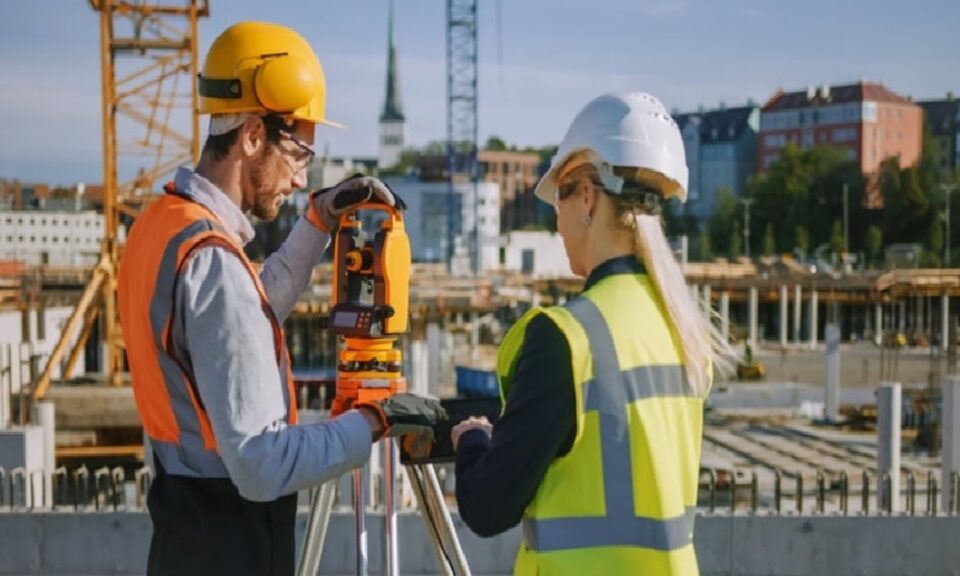Building surveying inspections play a pivotal role in the construction and real estate industries, serving as a safeguard for property owners, developers, and stakeholders. These inspections are essential in assessing the condition of buildings, ensuring compliance with regulations, and maintaining structural integrity. This article delves into the significance of building surveying inspections, highlighting their benefits and the impact they have on overall property management.
Understanding Building Surveying Inspections
Building surveying inspections involve a thorough examination of a building’s structure, systems, and components. Certified building surveyors evaluate various aspects of a property, including its foundations, walls, roofs, and services such as plumbing and electrical systems. The primary objective is to identify potential issues that may compromise safety or lead to costly repairs in the future.
These inspections can be categorized into several types, including pre-purchase surveys, condition surveys, and dilapidation reports. Each type serves a distinct purpose, tailored to meet the specific needs of the property owner or investor.
Ensuring Compliance with Building Regulations
One of the critical aspects of Building Surveying Inspections is ensuring compliance with local building regulations and codes. Building codes are established to safeguard public health, safety, and welfare, dictating the minimum acceptable standards for construction and renovation projects.
During a building surveying inspection, surveyors assess whether a property adheres to these regulations. Non-compliance can result in significant penalties, legal issues, and safety hazards. By identifying potential violations early, property owners can take corrective measures before they escalate, thus protecting their investments and ensuring the safety of occupants.
Identifying Structural Deficiencies
Building surveying inspections are crucial for detecting structural deficiencies that may compromise the integrity of a property. Common issues include foundation settlement, cracks in walls, water damage, and signs of pest infestation. These problems, if left unaddressed, can lead to severe consequences, including compromised safety and devaluation of the property.
By conducting regular inspections, property owners can proactively identify and rectify structural deficiencies. Early intervention can mitigate further damage, saving both time and money in the long run. Building surveyors use advanced tools and techniques to assess the condition of a property, providing a detailed report of their findings.
Facilitating Property Transactions
For prospective buyers, building surveying inspections are invaluable in the property transaction process. A thorough inspection provides buyers with a comprehensive understanding of a property’s condition, empowering them to make informed decisions. Armed with this information, buyers can negotiate prices based on the property’s actual state, potentially saving thousands of dollars in unforeseen repairs.
Sellers also benefit from building surveying inspections. By obtaining a pre-sale inspection, sellers can address any issues before listing their property, enhancing its marketability and reducing the likelihood of last-minute negotiations or deal fall-throughs.
Enhancing Property Maintenance
Regular building surveying inspections contribute significantly to effective property maintenance. Property owners and managers can develop maintenance plans based on the findings of these inspections. This proactive approach not only extends the lifespan of a property but also improves its overall value.
For commercial properties, maintaining a safe and functional environment is crucial for tenant satisfaction. Regular inspections help ensure that all systems are operational and that the building meets health and safety standards. This attention to detail fosters positive relationships with tenants, ultimately leading to higher occupancy rates and tenant retention.
Risk Management and Insurance Considerations
Building surveying inspections are essential for risk management in the real estate sector. Properties with unresolved issues pose risks not only to occupants but also to owners and investors. These risks can lead to liability claims, increased insurance premiums, and potential litigation.
Insurance companies often require building surveying inspections as part of their underwriting process. A thorough inspection report can facilitate the acquisition of appropriate coverage and help property owners understand their liabilities. By identifying and addressing potential risks, property owners can minimize their exposure and protect their financial interests.
Conclusion
In conclusion, building surveying inspections are integral to ensuring the structural integrity of buildings and safeguarding the interests of property owners and investors. From ensuring compliance with regulations to identifying structural deficiencies and facilitating property transactions, the benefits of these inspections are manifold.
As the construction and real estate industries continue to evolve, the importance of building surveying inspections cannot be overstated. By prioritizing these inspections, property owners can not only enhance the value of their investments but also contribute to the overall safety and sustainability of the built environment. In an era where property management is increasingly complex, investing in professional building surveying inspections is a prudent strategy that pays dividends in the long run.

